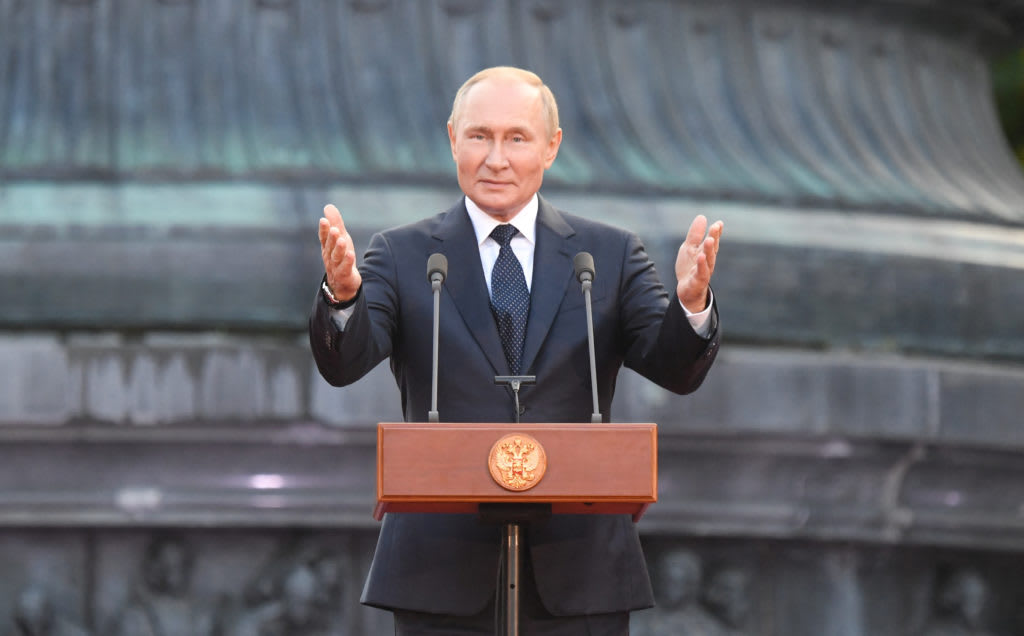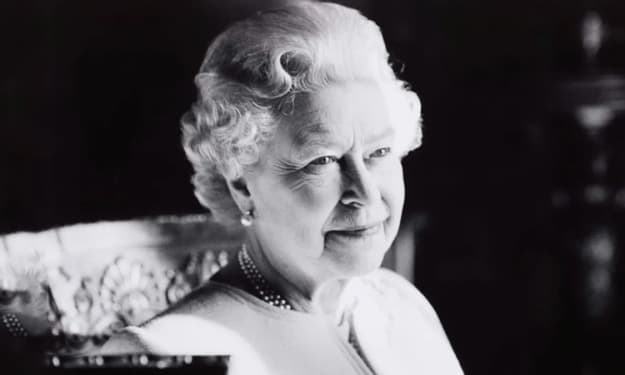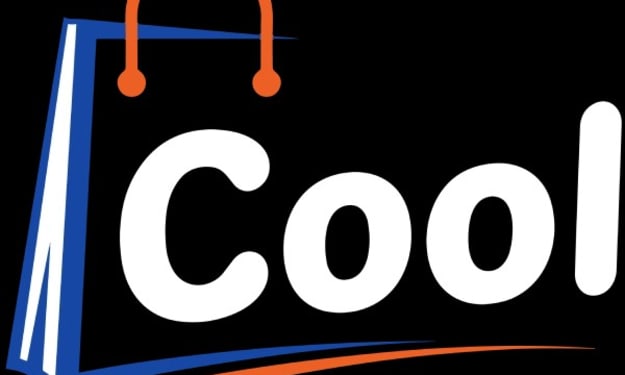Vladimir Putin - President of Russia.
Vladimir Putin | Biography

On October 7, 1952, in Leningrad (currently St. Petersburg), Russia, Vladimir Vladimirovich Putin was born. In 1975, after receiving his law degree from Leningrad State University, he entered the KGB, the security service of the Soviet Union. He worked for the KGB for 16 years, first in St. Petersburg and then in East Germany.
Following the dissolution of the Soviet Union in 1991, Putin joined politics and served under Anatoly Sobchak, the city's first democratically elected mayor. Putin relocated to Moscow in 1996 and worked as President Boris Yeltsin's deputy head of staff.
When Yeltsin resigned on December 31 of that year, Putin took over as president in place of Yeltsin, who had named Putin as prime minister in 1999. In 2000, he won the presidency, and in 2004, he was re-elected. Putin enacted a number of revisions while in office, including adjustments to the legal system, electoral process, and tax code. He also expanded state control over the media, strengthened the presidency's authority, and repressed political dissent.
Due to term limits, Putin had to resign as president in 2008, but he continued to play a significant role in Russian affairs as prime minister under his hand-picked successor, Dmitry Medvedev. Putin was voted president once more in 2012 and again in 2018.
Putin has received criticism for his handling of human rights problems, such as press freedom and the treatment of political dissidents, during his time as president. Additionally, he has been charged with meddling in foreign elections and taking part in the wars in Syria and Ukraine.
Despite these critiques, Putin is still well-liked in Russia and is regarded by many as a capable leader who has restored Russia's influence and standing abroad.
Russia's first and second tenure as president
Yeltsin abruptly declared his resignation on December 31, 1999, and appointed Putin as acting president. The austere and reserved Putin comfortably won the elections in March 2000 with about 53% of the vote, promising to rebuild a battered Russia. As president, he aimed to eradicate graft and establish a tightly controlled market economy.
By dividing Russia's 89 regions and republics into seven new federal districts, each of which is led by a representative chosen by the president, Putin swiftly reasserted his authority over the country. The ability of regional governors to participate in the Federation Council, the upper house of the Russian parliament, was also taken away by him. Putin closed several media outlets in an effort to weaken the influence of Russia's unpopular bankers and media moguls, or "oligarchs." In 2002, Putin declared the military campaign over, but casualties were still high. He confronted a challenging situation in Chechnya, especially from rebels who staged terrorist attacks in Moscow and guerilla attacks on Russian troops from the region's mountains.
Putin vehemently disagreed with George W. Bush's 2001 choice to renege on the 1972 Anti-Ballistic Missile Treaty. He offered the use of Russian airspace for humanitarian deliveries and assistance in search-and-rescue operations in reaction to the September 11 attacks on the United States in 2001. He also promised Russia's support and cooperation in the U.S.-led effort against terrorists and their allies. Nevertheless, in 2002–2003, Putin sided with French President Jacques Chirac, German Chancellor Gerhard Schröder, and others to resist American and British plans to overthrow Saddam Hussein's regime in Iraq.
In March 2004, Putin was comfortably reelected as president, presiding over an economy that had experienced growth following a protracted recession in the 1990s. In the legislative elections held in December 2007, Putin's party, United Russia, garnered a resounding victory. The results confirmed Putin's authority even though foreign observers and the Communist Party of the Russian Federation questioned the fairness of the elections. In 2008, after being required to do so by a statutory clause, Putin appointed Dmitry Medvedev to succeed him.
Putin as prime minister
In a timely manner following Medvedev's resounding victory in the presidential election of March 2008, Putin made it known that he had agreed to lead the United Russia party. Within hours of assuming office on May 7, 2008, Medvedev nominated Putin as the nation's prime minister, fulfilling widespread expectations. The following day, the appointment was approved by the Russian parliament. Putin was still seen as the primary authority within the Kremlin, despite the fact that Medvedev became more assertive as his term went on.
Despite rumors that Medvedev might seek reelection, he declared in September 2011 that he and Putin would switch roles if United Russia won the election. A wave of public outcry was brought on by widespread irregularities in the parliamentary elections held in December 2011, and Putin found himself up against an unexpectedly potent opposition movement. Putin, however, won a third term as president of Russia on March 4, 2012. Putin handed over leadership of the party to Medvedev by stepping down as head of United Russia prior to his inauguration. On May 7, 2012, he took office as president, and one of his first official actions was to name Medvedev as prime minister.
Third presidential term of Vladimir Putin
Attempts to stifle the protest movement were mainly successful during Putin's first year back in office as president. Nongovernmental groups that received funding from abroad were branded as "foreign agents," and opposition leaders were imprisoned. When U.S. National Security Agency (NSA) contractor Edward Snowden sought asylum in Russia after disclosing the presence of a number of top-secret NSA programs, relations with the United States deteriorated in June 2013. Snowden was given permission to stay in Russia under the condition that he stop "bringing harm to our American partners," in Putin's words. In August 2013, following chemical weapons attacks outside of Damascus, the United States argued for military involvement in the Syrian Civil War. In a commentary that appeared in The New York Times.
Putin ordered the release of about 25,000 prisoners from Russian prisons in December 2013 to mark the 20th anniversary of the approval of the post-Soviet constitution. Mikhail Khodorkovsky, the former head of the Yukos energy conglomerate who had been imprisoned for more than ten years on accusations that many people outside of Russia claimed were politically motivated, was also pardoned by him in a separate action.





Comments
There are no comments for this story
Be the first to respond and start the conversation.